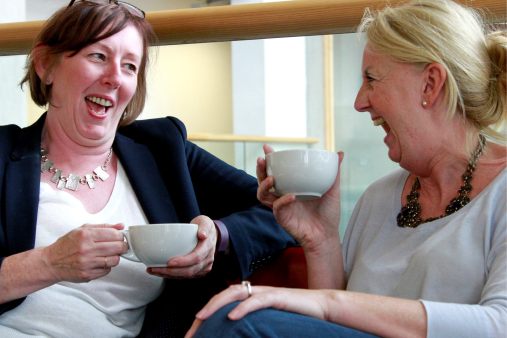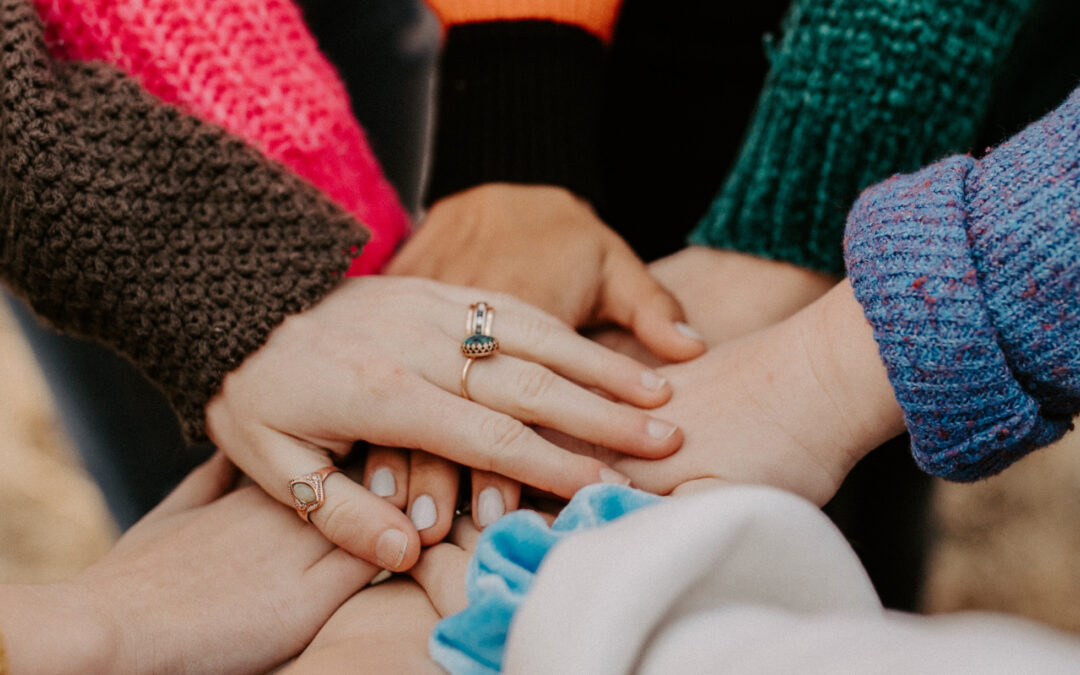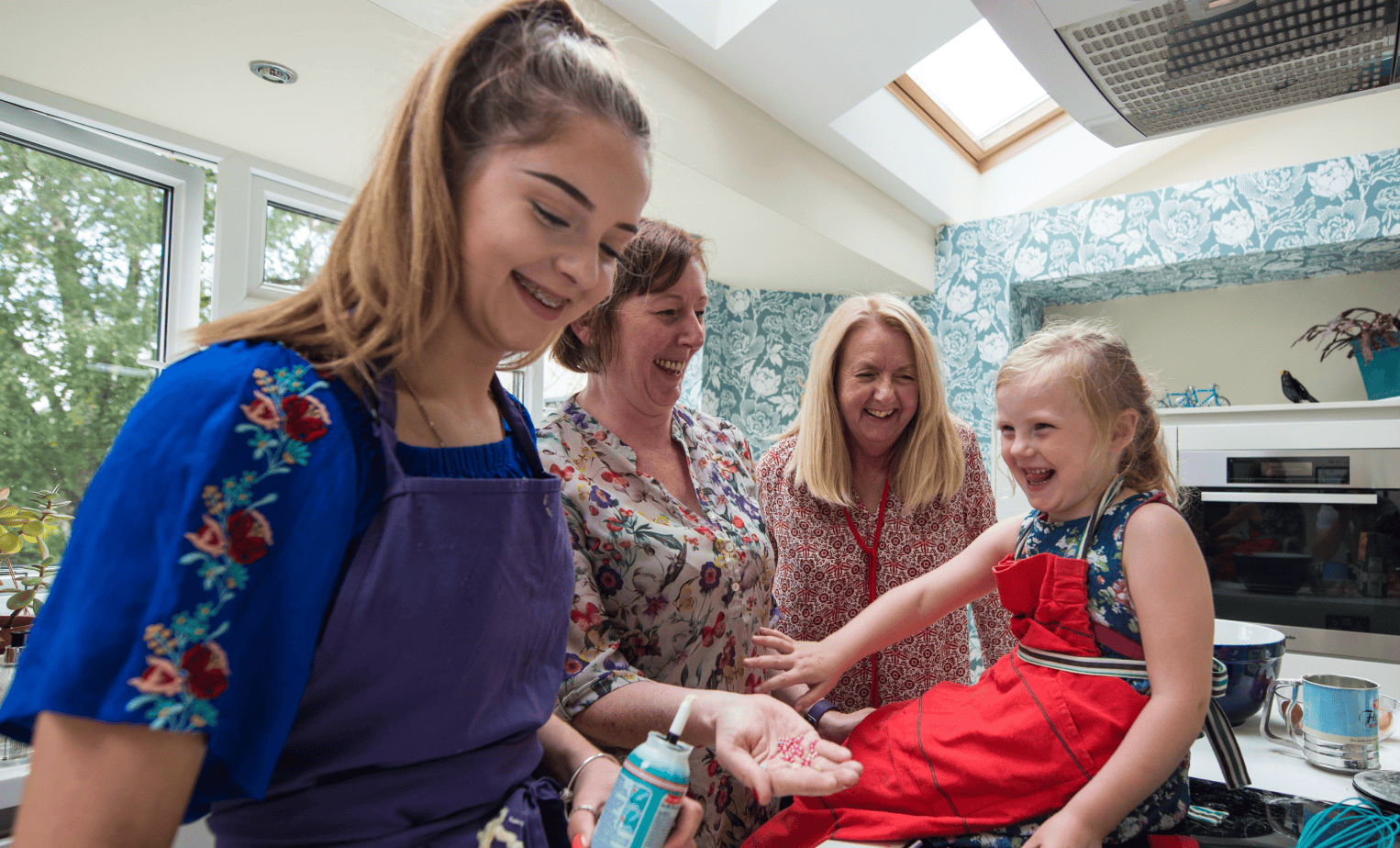Ikigai and what it means
Just as humans have lusted after objects and money since the dawn of time, other humans have felt dissatisfaction at the relentless pursuit of money and fame and have instead focused on something bigger than their own material wealth.
Hector Garcia is one of the authors of Ikigai: The Japanese Secret to a Long and Happy Life
As we approach 2022 many people will be looking to set New Year resolutions. Longevity expert, Dan Beuttner says, working out our purpose in life might not seem like the best way to relax after a long day at work but if the Japanese concept of Ikigai is anything to go by, it might add years to our life.
Roughly translated as “a reason for being”, ikigai is, in essence, the meeting point of what we love, what we are good at and what enables us to express our morals and values. Dan Beuttner travelled and researched longevity in five blue zones. The regions where people live longer than anywhere else in the world.
The five blue zones identified are, Sardinia, Loma Linda in California, the Nicoya Peninsula in Costa Rica, Icaria in Greece and the Okinawa Islands in Japan. He found that in each area, the people are living in a similar way and that in Japan they had a name for it. Ikigai.
“Iki” translates as life and “gai” translates as worth or value, so Ikigai is all about finding joy in life through purpose. It is what gets us out of bed each morning. Discovering our own Ikigai is said to bring fulfillness, happiness and make us live longer.
He suggests, when looking to find our “reason for being”, to make three lists. A list of our values, a list of what we like to do and a list of what we feel we are good at. He says that where there is a cross section of the three lists is where our Ikigai can be found.
Most foster carers come to fostering altruistically with a true sense of purpose, wanting to give something back, or do something more worthwhile in their lives that will make a real difference.
Angela Hunt
Ikigai in foster care
Most foster carers come to fostering altruistically with a true sense of purpose. The purpose is wanting to give something back, or to do something more worthwhile and make a real difference. Most people come to fostering with curiosity, a sense of what feels unjust, as well as a shared set of values that drives their motivation for wanting to become a foster carer.
Ikigai fits well when looking at fostering through a purposeful lens. Foster carers are passionate, what they seem to love most is their family and they have a natural instinct for raising and doing great things for children. Some don’t have children of their own, but have either worked with children and young people or have been heavily involved in the lives of their nieces or nephews.
People interested in fostering, appreciate the need for more foster carers to support the increasing numbers of children coming into care. They see it as part of their mission to make a difference and help children change their futures, regardless of their challenging start in life. Their vocation is linked to what they are good at. They have recognised that they can connect with children by being curious and playful. They feel that fostering is a profession and that by being paid to do what they love, enabling children to achieve their true potential in life, they can make adjustments to their lives.
One of our foster carers commented recently that his profession is fostering but his day-to-day job is his safety net should he be unable to foster at any point. Another of our experienced foster carers, advised our new foster carers in assessment, of the need to be prepared for the feelings of love that they would develop for the children they would care for. Both carers advocate so well for the children in their care, as much as they would for their own children.
What is striking is that these people are challenged, as fostering can be very challenging, but they feel fulfilled and successful in their role. They have subsequently changed their own lives, as well as the lives of the children in their care. One foster carer has said that they had thought of fostering for a few years before doing anything about it and now wish they had done it so much sooner.
10 rules of Ikigai
In their book ‘Ikigai The Japanese Secret to a Long and Happy Life’ co-author, Francesc Miralles states that there are 10 rules that we should all follow, in order to live a long happy life.
- Stay active (don’t retire)
2. Take it slow
3. Only eat until you are 80% full
4. Surround yourself with good friends
5. Get in shape for your next birthday
6. Smile
7. Reconnect with nature
8. Give thanks
9. Live in the moment
10. Follow your Ikigai
Conclusion
When Alison and I founded To the Moon and Back Foster Care, our sense of purpose was linked intrinsically to our values and ethics. Having worked in fostering for many years, we felt that we could achieve so much more for children and young people by concentrating on building trusting relationships and ensuring that our foster carers felt safe and secure. We set out to be a secure base for them, enabling them to be a secure base for the children in their care. Although Alison and I didn’t realise it at the time, we were already pursuing our own Ikigai.
Our ethos as a trauma-informed organisation recognises that at some point in our lives, we all experience trauma and that we all benefit from the same kindness and support, that we offer children in our care.
We provide support that considers health and wellbeing and works to ensure that we take steps to care for ourselves. 2021 has been a pivotal year where we have responded to the challenges and learned so much about what we need for our own happiness and contentment. It has brought renewed hope with a vaccine to protect us and medical knowledge about how to successfully treat people with Covid-19. It has left people living in uncertainty too and with tough decisions to make about their lives.
We wish everyone a safe and healthy 2022





